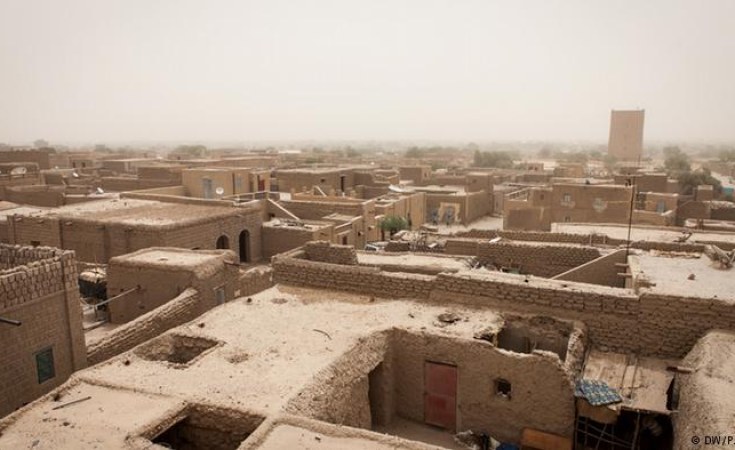Blaming external actors for the country's woes accomplishes little for the Malian people.
Among the more notably undiplomatic events at this year's United Nations General Assembly, the remarks of Mali's interim Prime Minister Abdoulaye Maiga, an appointee of the military junta that seized power over two years ago, stood out. Predictably, France was attacked for alleged "subversive actions," and criticized for transferring its military forces from Mali to Niger. The same Malian junta had repeatedly criticized the French military presence in their country and accused France of supporting terrorists. But it wasn't just France in the crosshairs. The Prime Minister castigated the UN secretary-general for having expressed concern about the fate of Ivorian soldiers who had the misfortune of rotating into Mali in support of the MINUMSA United Nations mission with some sloppy paperwork. Now, more than forty languish in detention, vilified as "mercenaries." Later, Maiga cast aspersions on the national identity of Niger's president. The stew of complaints, seasoned with a dash of praise for Russia, attracted significant media attention.
The basic formula of the Prime Minister's intervention-paint Mali as persecuted by states both near and far, and position the military junta as defenders of Malian pride-is not new. Nor are the assertions unfounded that too many international actors were somewhere between complicit and oblivious to the grave shortcomings of the elite governing class of Mali's past. But it is far easier to list grievances than to make real progress on Mali's security, economic, and governance needs. Over a third of the country's population requires humanitarian assistance, and by some measures security conditions are as bad as they have been in over a decade. In seeking to deflect any blame, Mali's military leaders further isolate a country with tremendous needs.
Whether it stems from genuine paranoia or cynicism, this strategy is bound to have a limited shelf-life. Citizens may applaud attacks on real or perceived interference from abroad, particularly in contexts where former colonial partners have long operated with a heavy hand. But after the catharsis, people want improved quality of life, leaders who provide security, economic opportunity, and a modicum of justice. Many Malians were desperate enough for concrete change to give the military the benefit of the doubt in 2020. The destructive track record of Russia's Wagner Group mercenaries suggests that it is far from the sustainable solution Mali needs. Performances such as Maiga's at the United Nations may reinvigorate some of that enthusiasm on the street, but the goodwill is likely to be fleeting. No amount of vilifying foreign others can meet the immediate needs and priorities of Malians.


